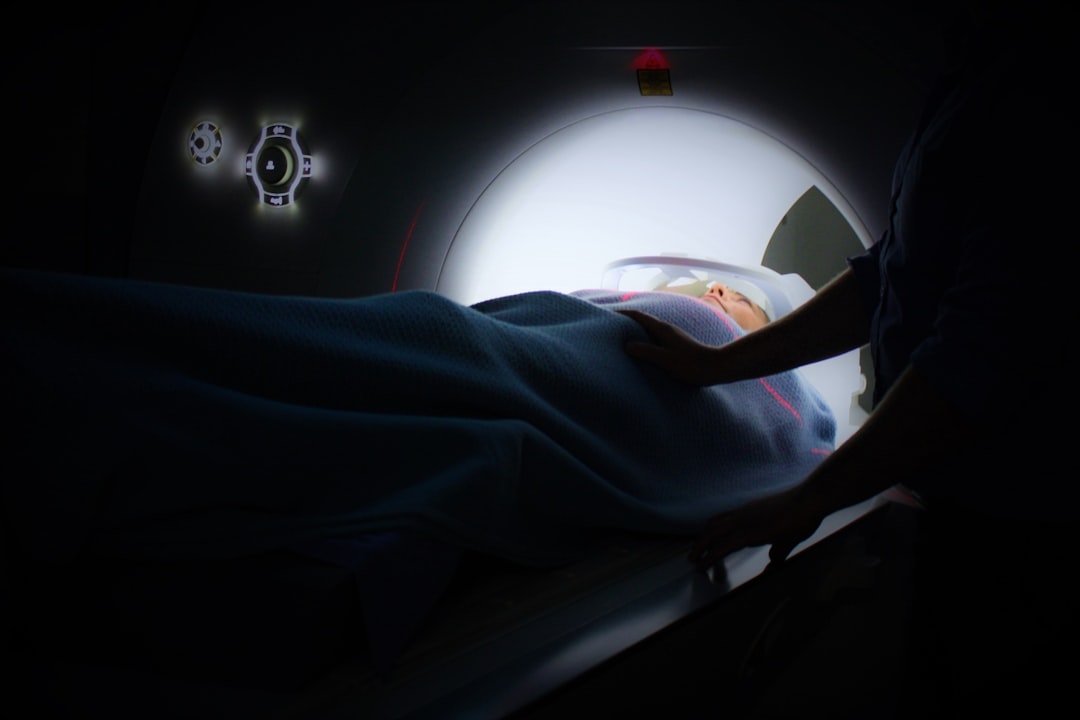What is it about?
We surveyed a group of psychiatrists who, as residents at an academic institution, had participated in an extracurricular psychotherapy pathway. Our goals were to assess the pathway's impact upon the respondents' training and subsequent career development.
Featured Image

Photo by Priscilla Du Preez on Unsplash
Why is it important?
Psychiatry residency educators have a responsibility to provide psychotherapy training that will be broadly useful, regardless of where residents ultimately choose to work, and our pathway may offer one means of providing such teaching. From our survey, psychiatrists who do and do not specialize in psychotherapy both reported that their pathway experiences benefited their residency education and current practices.
Perspectives
As a psychiatric hospitalist, I do not actively practice psychotherapy, but I have a deep respect for the field and regularly draw upon psychotherapeutic principles in thinking about my patients. Writing this article helped me to feel connected to other psychiatrists like me and provided a reminder of the value of psychotherapy across diverse mental health treatment settings.
Stephanie Chang
Read the Original
This page is a summary of: Development of Psychiatric Residents as Psychotherapists: Effectiveness of a Psychotherapy Pathway, American Journal of Psychotherapy, February 2023, American Psychiatric Association,
DOI: 10.1176/appi.psychotherapy.20220036.
You can read the full text:
Contributors
The following have contributed to this page










